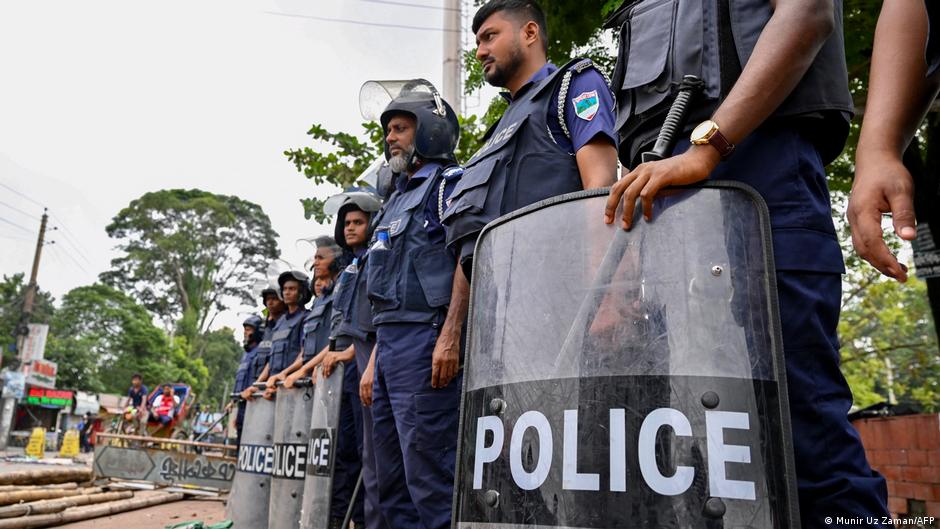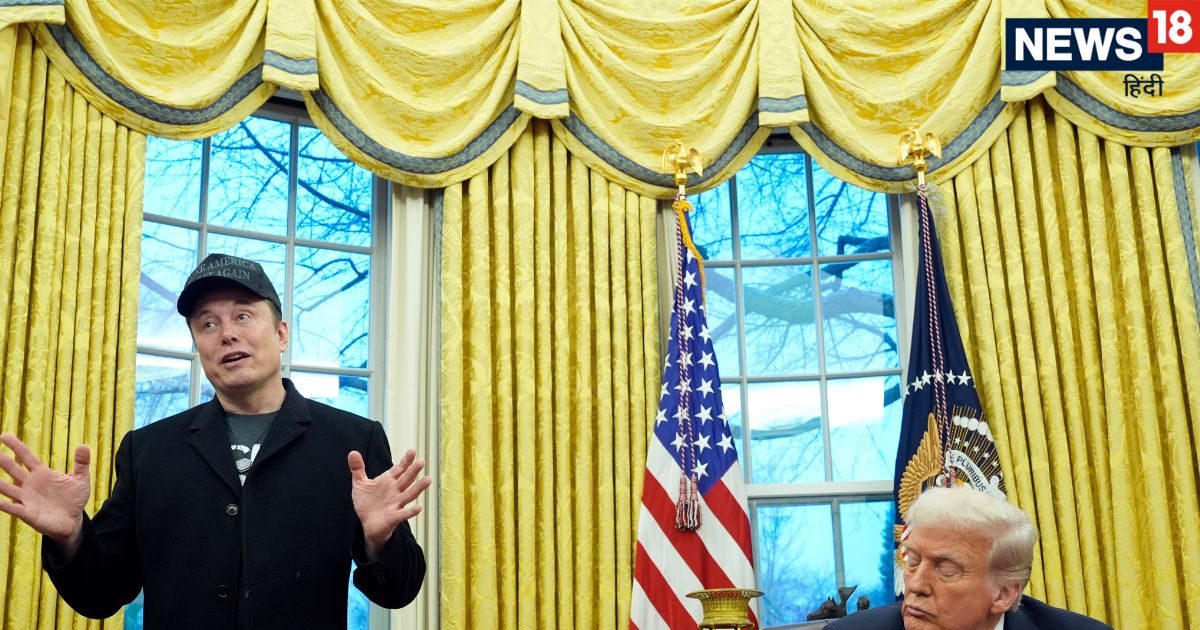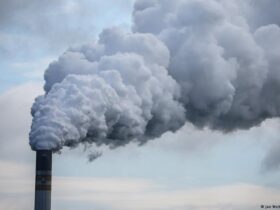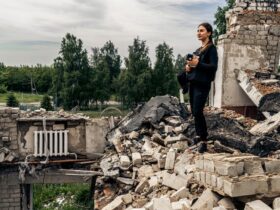Bangladesh has been in a long-running political turmoil since Prime Minister Sheikh Hasina was ousted in August 2024 following a largely student-led rebellion against her autocratic rule.
During her 15 years in power, Hasina was blamed for widespread human rights abuses, including mass detention and extrajudicial killings of her political opponents.
Following his ouster, an interim government led by Nobel Peace Prize winner Muhammad Yunus promised major reforms aimed at improving governance in the South Asian nation of 170 million people.
Authorities have begun an investigation into rights abuses committed by the Hasina administration.
They also arrested Chaudhry Abdullah al-Mamun, who served as police chief during Hasina’s final years in office. He has now turned witness in the case in which Hasina and several of her ministers have been accused of ordering the deadly crackdown during mass protests.
Although these legal proceedings have been welcomed as steps toward justice and accountability, new reports from rights groups have raised new concerns about ongoing abuses.
“We took a stand against extrajudicial killings during the previous government and demanded justice. But the situation is still the same. This cannot continue,” Noor Khan, a member of the commission of inquiry investigating the enforced disappearances, told DW.
What to know about the rights situation in Bangladesh?
Late last month, Dhaka-based rights organization Odhikar released a report saying at least 281 people have been killed in violence linked to political parties since Hasina’s rule ended.
Additionally, 40 people were victims of extrajudicial killings and another 153 people were beaten to death.
Bangladeshi security forces, including the police and army, have been blamed for many of these deaths.
In its October report, Manodhikar Shongskrit Foundation (MSF), an NGO, also warned that unidentified bodies and deaths in custody had increased.
The group reported that 66 unidentified bodies were recovered across the country in October alone, and there were 13 deaths in custody during the same period.
MSF said that these incidents “reflect the growing insecurity in public life. At the same time, the failure of law enforcement to identify these bodies has raised questions about their role.”
Official data also shows that an average of 43 bodies have been recovered from rivers every month till August 2025, up from 36 last year.
Yunus put pressure on action
Noor Khan said that the police were not doing enough to investigate the increasing deaths.
He argued, “It is not certain that all of them were murders. But some of them may have been extrajudicial killings.”
“The mob is now also responsible for extrajudicial killings in many cases,” Khan said.
In October, six international groups, including Human Rights Watch (HRW) and the Committee to Protect Journalists (CPJ), sent a letter to interim leader Yunus, urging stronger action to stop human rights abuses.
“We are deeply concerned that security sector reforms have not occurred broadly and that members of the security forces are not fully cooperating in accountability and reform efforts,” the letter said.
Meenakshi Ganguly, HRW’s deputy Asia director, told DW that the government should work with “civil society, religious and political parties” to ensure that Bangladeshis “trust the justice system” and stop engaging in angry protests and mob violence.
Young politician found dead
In January this year, security forces elected Tauhidul Islam as leader The youth wing of the Bangladesh Nationalist Party (BNP) in the town of Cumilla, near the Indian border.
The next day he was found unconscious near the Gumti River and was soon declared dead at the hospital.
Islam’s death sparked outrage and protests across the country.
The government reacted by recalling the local army camp commander and launching an investigation into Islam’s death.
But the victim’s family is still waiting for justice.
His brother Abul Kalam Azad told DW, “Nobody has been arrested. We weren’t even allowed to register a case. The police wrote a statement, and we signed it. We weren’t heard. We weren’t even allowed to charge anyone.”
Azad also said that he was threatened to remain silent.
‘It’s very sad’
DW contacted Bangladesh’s Inter-Services Public Relations (ISPR), the armed forces’ propaganda department and the police about the alleged extrajudicial killings, but they declined to comment.
On 4 November, Home Affairs Advisor Jahangir Alam Chowdhury told reporters, “Anyone involved in the killings, whether from the security forces or any other group, will be brought under the law and held accountable.”
Noor Khan said that the statements of the interim government seem to be empty words.
“This sounds similar to the statements of previous home ministers. It is very sad,” he said. “Nobody has been held accountable yet, and no investigation report has been published. If this continues, things will get even worse.”
Press freedom remains a ‘deep concern’
Bangladesh’s press freedom declined sharply during the reign of Sheikh Hasina, who served as Prime Minister between 1996 and 2001 and again from 2009 to 2024.
In the annual rankings published by Reporters Without Borders (RSF), the country slipped from 121st in 2009 to 165th in 2024. Although the situation has improved this year – Bangladesh is now ranked 149th in the world – it still remains in the “very serious” category, underscoring the weak and fragile nature of the country’s media landscape.
At a press freedom event on 6 November, Yunus’ press secretary Shafiqul Alam said, “Many (journalists) say they are afraid of the mob. I don’t see that fear anywhere. Anyone who is afraid of the mob must have worked as a collaborator at that time (under Hasina’s regime).”
But rights groups disagree.
“Press freedom in Bangladesh under the interim government remains of deep concern to us,” Beh Lih Yee, Asia-Pacific director of international press watchdog CPJ, told DW. Although some reforms have been introduced, he said, “these reforms do not go far enough.”
Chief Adviser Yunus’ office declined DW’s request for comment for this article.
Meanwhile, the new administration has amended the Anti-Terrorism Act – originally passed in 2009 – and used it to ban Hasina’s Awami League. Several journalists have been arrested under this act, with HRW describing the recent amendments as “draconian”.
At least four journalists – Farzana Rupa, Shakeel Ahmed, Shyamal Dutta, and Mozammel Haq Babu – have been detained for more than a year on what CPJ describes as “politically motivated murder charges”. The media watchdog also reports that 25 other people are being investigated for “alleged massacre”.
In August, journalist Monjurul Alam Panna and 15 others were arrested under the Anti-Terrorism Act after attending a roundtable on the country’s 1971 independence war against Pakistan.
In a statement last month, RSF’s South Asia chief Celia Mercier used the detention of Monjurul Alam Panna as an example that “highlights the growing authoritarianism of Bangladesh’s interim government.” He also accused the interim administration of using anti-terrorism laws “to suppress critical voices.”
DW Bengali’s Harun ur Rasheed Swapan contributed to this report.





Leave a Reply